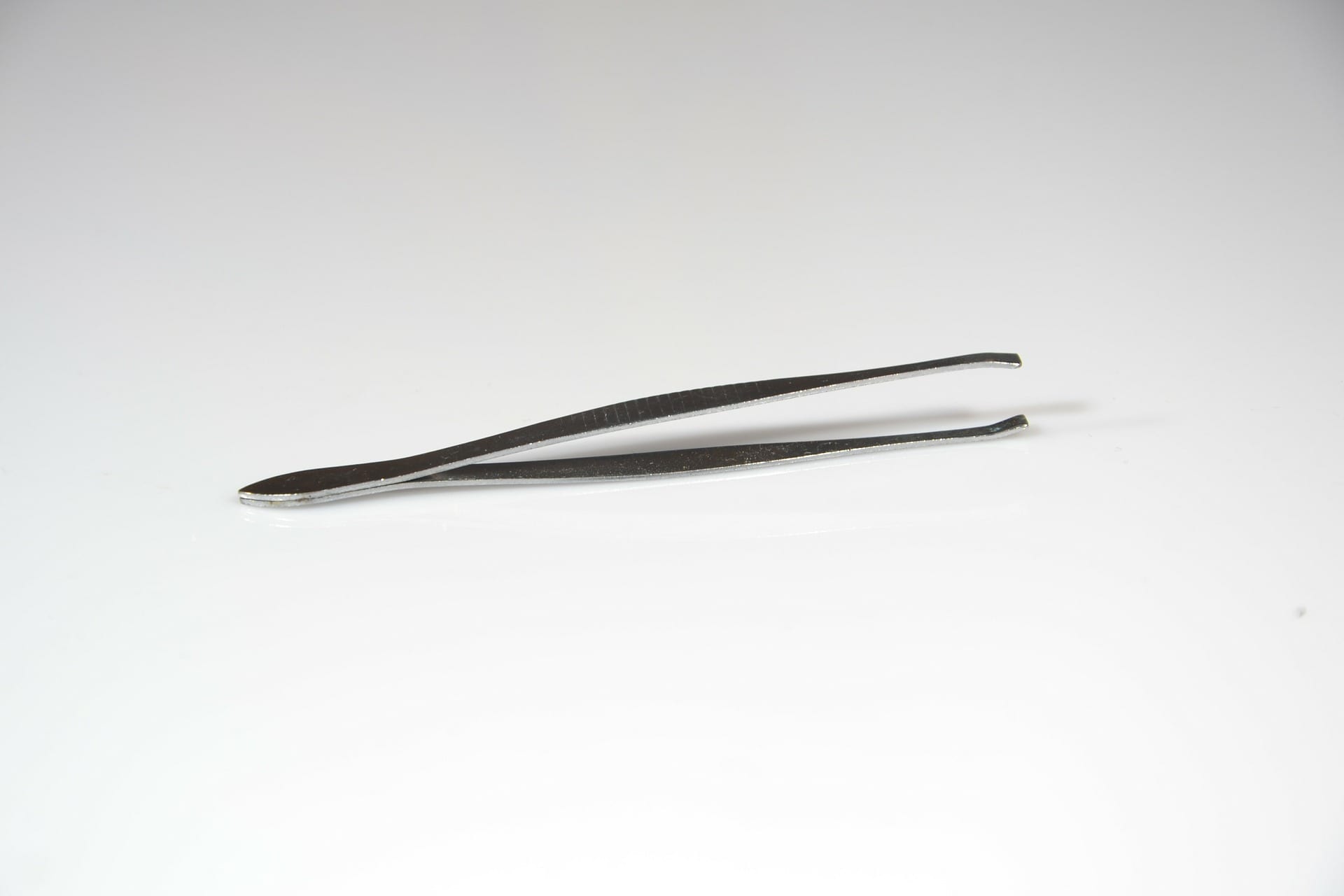Seems as if I have to wait years for my hair to grow past my shoulders, but little chin hairs? They are robust little suckers and can make an appearance just overnight.

Photo Credit: Pxhere
I do have great eyebrows with a natural arch I only have to maintain every few weeks. So these days my little pink tweezers are getting more work on the lower part of my face, and I don’t think I’m the only one with this problem.
I know this is all TMI, but I’m trying to help the sisterhood out.
So, let’s just shear through some of the reasons we get into these hairy situations and get to what can be done to shave off any anxiety you might have about them.

Photo Credit: Pixabay
The first person you can blame is your mom. Next time you see her napping in her chair, run over and see if you can find her chin hairs. If you see them, then your chin hair is likely the result of a cocktail of male hormones and genetics.
Fun fact: when we pluck or use chemicals to remove facial hair, we are helping to increase the blood flow to the area. This can result in a thicker hair to deal with the next time it appears.
Everyone, though, is born with a light fuzz over their bodies called vellus hair. As we experience hormonal changes throughout our lives, we also develop coarse body hair called terminal hair. Terminal hair can grow in a beard, on the scalp and in our pubic regions – and also on women’s chins.
Yay.

Photo Credit: Pixabay
These onesey-twosey hairs are common. However, an excessive amount of hair on a woman’s face may point to an actual medical condition.
Hirsutism is male-patterned hair growth on women – basically, when hair occurs on women in places where hair typically grows on men. For example, a woman with a hairy chest or a thick beard might be diagnosed with hirsutism. Excessive testosterone is the blame here, and the condition is also hereditary.
Hirsutism is pretty rare though. Excessive facial hair, along with acne and missed periods might also point to polycystic ovarian syndrome (PCOS). Obesity and Cushing’s Syndrome, which is the over-production of the stress hormone cortisol, can also cause the hormonal imbalances leading to thicker facial hair growth.

Photo Credit: Pixabay
So what’s the best way to get rid of these pesky hairs?
If you choose to pluck, you will need to watch for regrowth. Plucking is pretty straightforward though, and may be the most satisfactory way of managing chin hairs for most people (hair removal creams also work).
If your hair growth is more intense, you may want to see your doctor for any underlying health issues related to the hair. Check any medications you may be taking, too; some medicines can cause hair growth. If it turns out you have a medical condition, after you get proper treatment, then you can use laser hair removal for a smooth face.
So, to cut a long story short, don’t let pesky facial hair tie you down. You know they say – hair today, but gone tomorrow.






